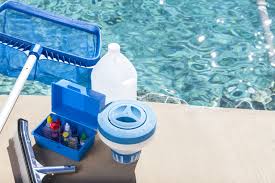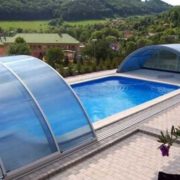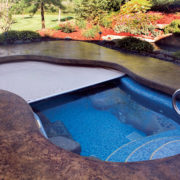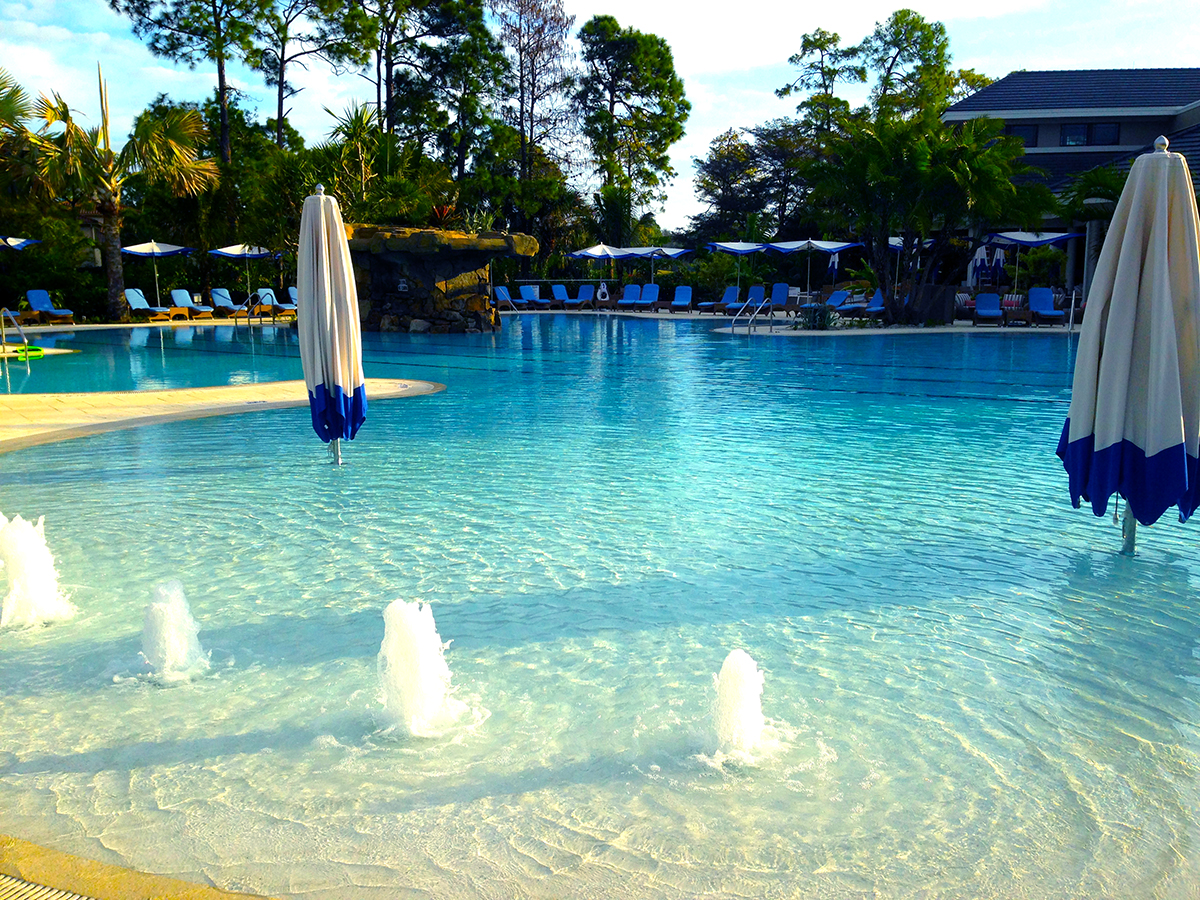All private pool owners dream of swimming pools with sparkling blue waters!
To maintain any pool in top performing order, pool owners have to follow weekly a regimen to ensure the water remains clean and fabulous
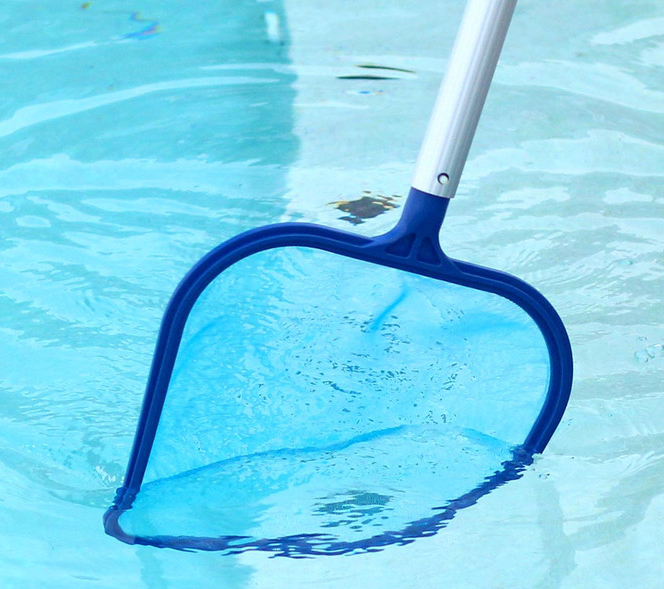
Benefits of Cleaning Your Pool
The benefits of keeping a home pool sparklingly clean are many. First, a clean and healthy pool environment appeals to all members of a large family, irrespective of age. A clean pool protects the health of the aged and the youngsters alike. Second, if you ever need insurance for your pool, the first factor that a prospective insurance company will check is the health and cleanliness of your pool. Third, owning a clean and efficiently functioning pool means fewer repair and maintenance costs to you. So, in the long run, a clean and efficiently operating pool saves your health, saves you money, and maintains the value of your property.
Also, if you like having outdoor, summer parties in your pool area, you want to showcase a well-maintained pool to your guests, which they will enjoy using.
Vacuuming
Private pools frequently collect dust, dirt, chemical deposits, and solid particles blown over by a strong wind. Especially, if you happen to have a lot of trees around the pool area, you will see dry or rotten leaves collecting on the floor of the pool. To eliminate the regular accumulation of dust, dirt, and fallen leaves or particles, you will need to use a high-powered, pool vacuum cleaner. Sometimes, new vacuum cleaners become a source of the problem to owners, but with a little bit of experience, you will become used to vacuuming your pool on a weekly basis. Many times, if you are using certain types of machines, the basket or the hose may become choked with leaves or debris. In such situations, you may find it very difficult to carry on your vacuuming job. So, what you can do is use a system known as “vacuum to waste.”
In a “vacuum to waste” system, all the water is sucked into the backwash line. This will consume a lot of water from your pool, so it is better to overfill the pool before using this procedure or have water running into your pool from a hose while this procedure is occurring.
Cleaning Tiles
You must have noticed that some dirt or calcium deposits generally accumulate around the water line. When that happens, you can clean the tile surfaces around the pool with a specially formulated gentle, tile cleaner. If you want to manage the tile-cleaning job yourself, then attach a soft-bristled scrubber or brush and on a pole and use a proper tile cleaner to scrub off the dirt and grime from the surface of the tiles around the inner sides of the pool. Alternatively, you can try to use a pumice stone or surfaces with tough stains.
You should increase the frequency of tile cleaning if your pool is used more than normal during certain months of the year such as the summer months. Removing calcium scales and dirt from the tiles is essential for keeping the pool and the water quality in top shape.
The Pump
The pump is a critical component of the proper functioning of your pool because the pump controls and ensures a clean water supply to your pool and a healthy operation for the filters. If a pump is oversized for your pool, then it will lead to dirty water and non-functioning filters. You will also end up wasting a lot of money and energy on running an oversized pump!
You have to ensure that the pump you are using for your pool has been selected based on the pool’s water capacity, water flow rate and turnover, and the resistance, all of which can be calculated with precise procedures. Based on statistics, a pool generally requires a turnover every 6 to 8 hours. Once you figure out all these calculations, you can use any pump manufacturer’s performance charts to determine an appropriate pump model and horsepower, necessary for your pool.
Chemical Cleaning
Basically, the primary factor related to the chemical treatment of your pool relates to the pH balance of the pool water, which, in simple terms, indicates the degree of acidity or basic content of the water. The recommended range of pH in swimming pool water is between 7.2 and 7.8. If your pool water displays a pH under 7.2, then you have to be cautious about metal corrosion in distinct parts of your pool.
As disinfection of pools is a primary requirement for preserving a healthy pool environment, a sufficient amount of disinfectants are preserved at the water level permanently. If you allow the pH balance of the pool water to rise above 7.8, the disinfecting agents may stop working calcium salts can easily cause precipitation. So, you have to control the alkalinity and calcium precipitation to maintain perfect pH balance.
Of all the disinfecting chemicals available in the market, Chlorine is considered to be one of the safest and easiest to use disinfectant for pools to ensure health and safety. You should routinely consult with your pool installer about the disinfectant requirements and its application for your pool. The recommended procedure for adding chemicals to the pool is pouring one chemical at a time in the lukewarm water and then waiting for it to dissolve.

